As the Omicron variant of COVID-19 spreads rapidly through the U.S., people are wondering whether America will follow the lead of other European nations in initiating another nationwide shutdown.
The latest COVID-19 variant was supposedly discovered on Nov. 25 in South Africa and has now been detected in more than 20 nations, including the United States – which reported its first case on Dec. 1. At the present time, however, it is too early to confirm the origins or timeline of the new variant.
Currently, around 30 cases have been reported across 11 states: California, New Jersey, Utah, Colorado, Missouri, Pennsylvania, Maryland, Nebraska, Hawaii, New York, and Minnesota.
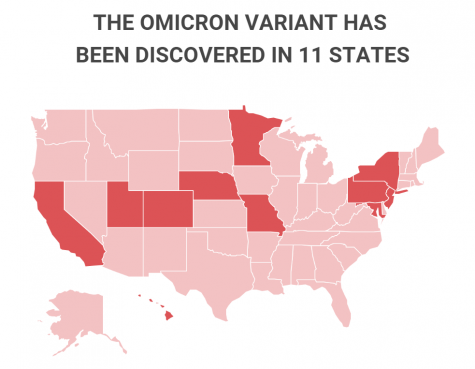
“Doubling down on what we’re doing is the most important message I think we can communicate so we can avoid any shutdowns and we can avoid shutting down our schools or businesses,” said Gov. Gavin Newson during a press briefing. “None of us want to see that happen. I certainly don’t want to see that happen. And I see no indication at this moment, whatsoever, that that’s is in our immediate future — as long as we continue our nation’s leading efforts.”

Despite Newsom’s optimistic message, there is reason to believe that Omicron may be worse than it is currently being portrayed.
Omicron’s 32 spike protein, the part of the virus that dictates entry into a host, mutations lead experts to believe that it will be the most infectious and vaccine-resistant strain yet. This is a huge leap from the Delta variant’s six spike protein mutations.
The World Health Organization (WHO) has pointed out that the spread of Omicron during the winter is a point of concern, considering that during seasonal flu season, one’s immune system is already compromised. Additionally, as COVID-19 and the seasonal flu share almost identical symptoms, it will be harder for people to identify Omicron if they get it.
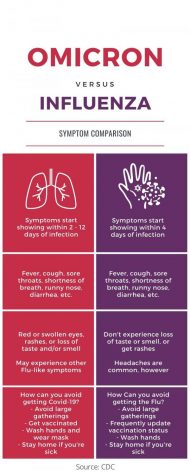 Every few years, a new variant of the flu arises. This is why flu vaccines are updated frequently and people are required to get booster shots regularly. The COVID-19 vaccination has not gone through such updates. While Americans have started lining up for a third Pfizer vaccination, many WHO scientists have expressed their doubts about COVID-19 vaccines being able to curb the Omicron variant.
Every few years, a new variant of the flu arises. This is why flu vaccines are updated frequently and people are required to get booster shots regularly. The COVID-19 vaccination has not gone through such updates. While Americans have started lining up for a third Pfizer vaccination, many WHO scientists have expressed their doubts about COVID-19 vaccines being able to curb the Omicron variant.
“UK Government experts believe existing vaccines would be made at least 40% weaker at preventing infections from the new strain,” said John Ely, the Senior Health Reporter from Dailymail.
For many health officials, the vaccination rates are concerning.
“It is really like a pandemic among the unvaccinated,” said Dr. Anthony Fauci in an interview with CNN. “It’s like you have two kinds of America. You have the very vulnerable, unvaccinated part and you have the really relatively protected, vaccinated part. If you are vaccinated, you are in a very different category than someone who is not vaccinated.”
While concerns about the effectiveness of current vaccines circle around, officials like Fauci are afraid for the safety of those who are unvaccinated. Getting current vaccines may not prevent Omicron’s symptoms, but it is a shield of protection that is more difficult to penetrate.
In a case study taken in South Africa, the Omicron variant is 500% more transmissible than the original variant of COVID-19, whereas the Delta variant was only 60% more transmissible.
“While these numbers may look concerning, this data may actually be good news. Trends have shown that when a mutation is less transmissible, it’s more deadly. Whereas, when it is more transmissible, it’s less deadly,” said Dhruv Rathee, an Indian news analyst. “More people may get the variant, but they are less likely to be seriously affected by it.”
As schools around the world start shutting down for a second or third time, Carlmont students are worried about what the school year will look like after winter break.
“I really hope the school has a clear procedure to follow if things do get really bad. I’m expecting there will be some panic at first, but at worst, we’ll just be going back online. I’ll definitely be sad to not be able to see my friends,” said Swaraa Joshi, a sophomore at Carlmont.
A common message that is being shared by experts is to wait. It’s too early to come to conclusions about this new variant that the world knows nothing about.
“Right now, we should push towards getting the majority vaccinated so we can all be protected from this virus,” Fauci said.
Even though it seems like life has finally reached a bit of normalcy, experts advise against large, maskless gatherings, especially indoors.
“I was really looking forward to traveling this winter since we haven’t really gone anywhere in the past couple of years. Unfortunately, we’ll just be spending winter at home this year. Hopefully, next year, we’ll get to travel a bit more,” said Annie Gu, a sophomore at Carlmont.
Unfortunately, for travelers, this means another winter at home, another distanced Christmas celebration, and another #NewYearNewVariant.
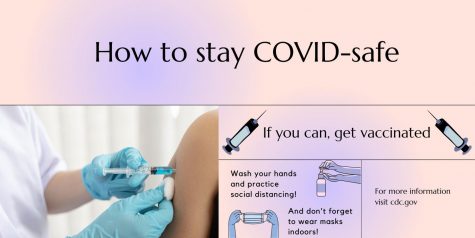




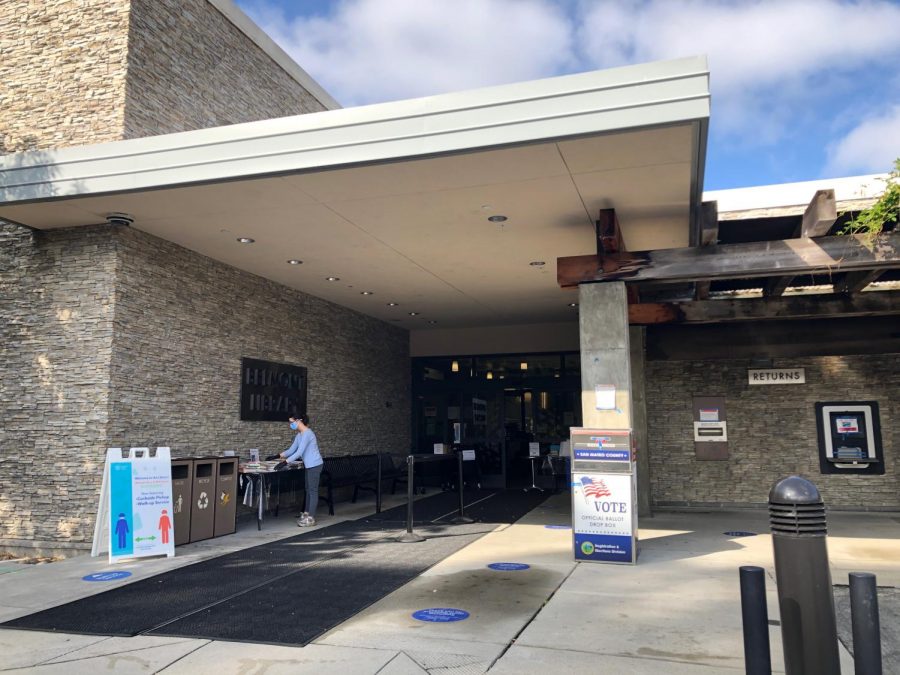
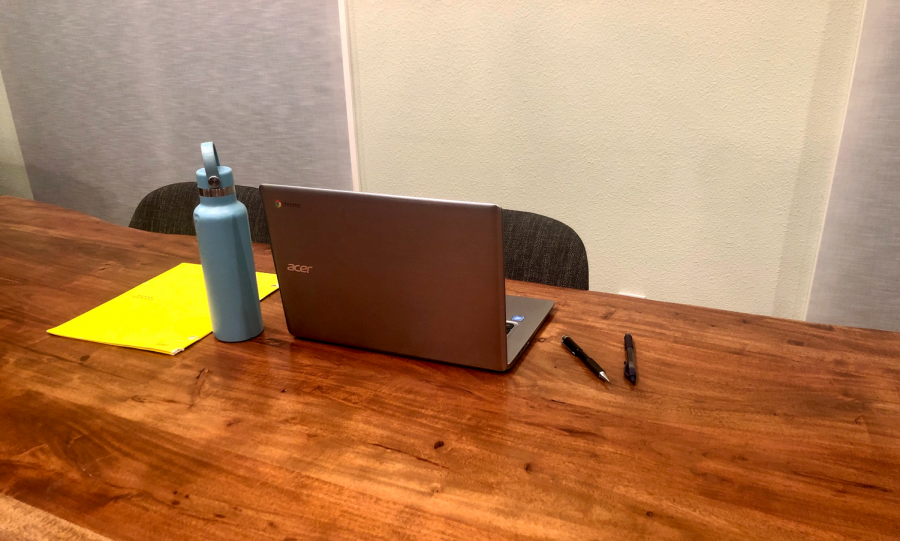



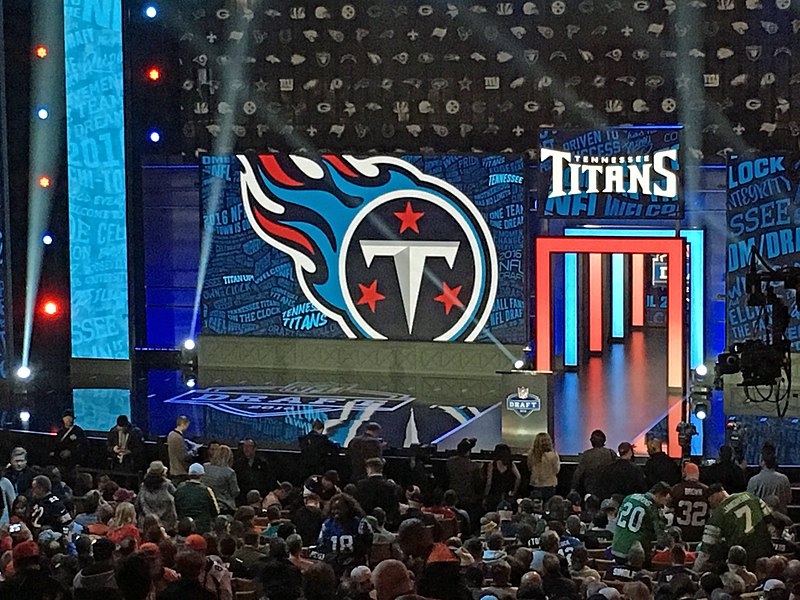
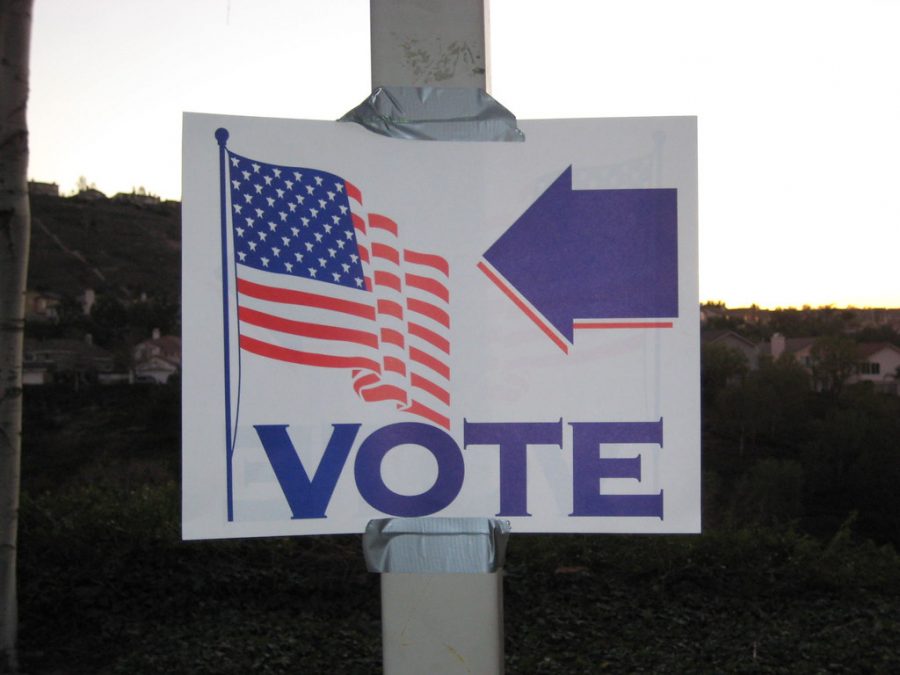










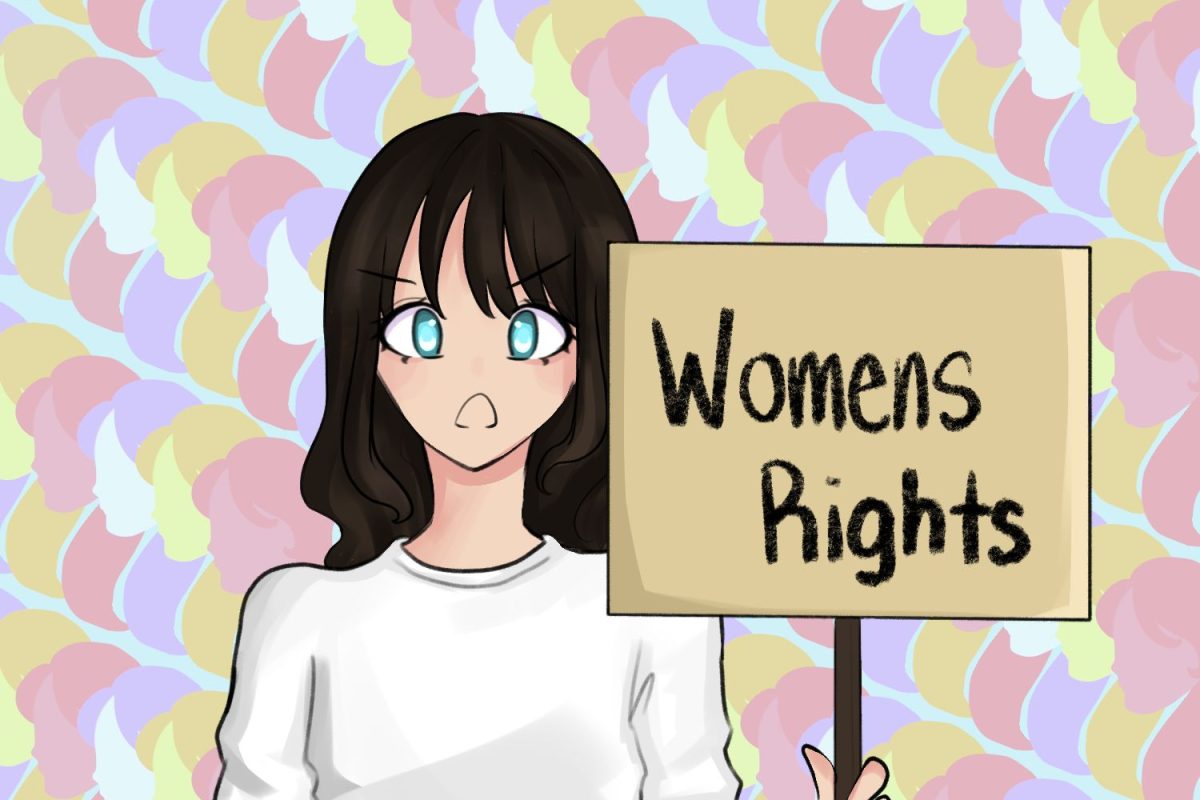
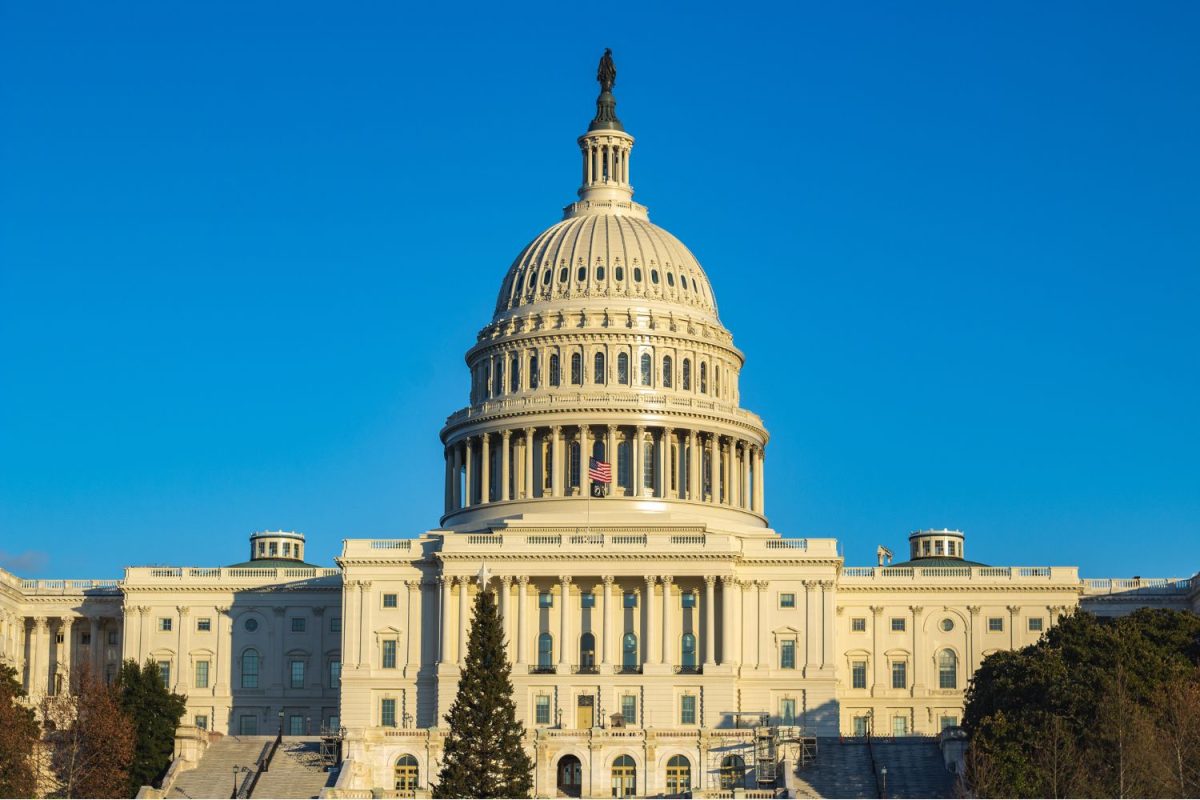
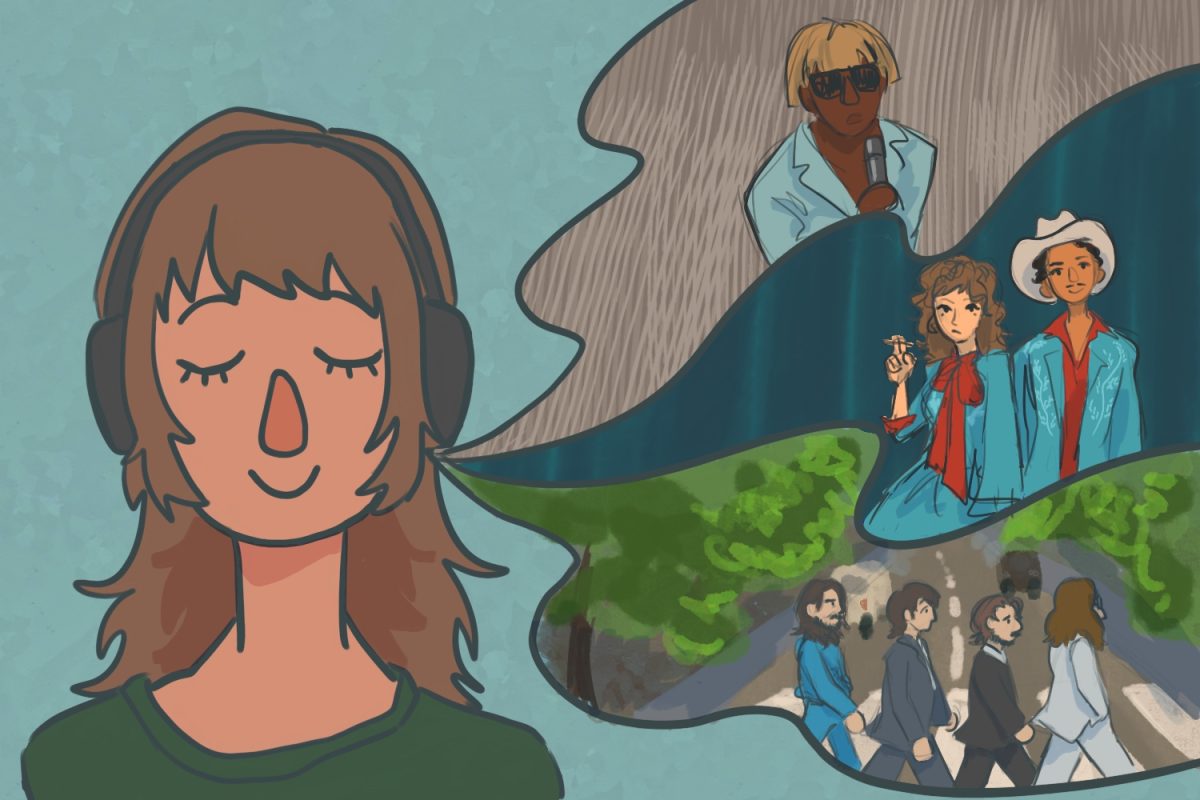






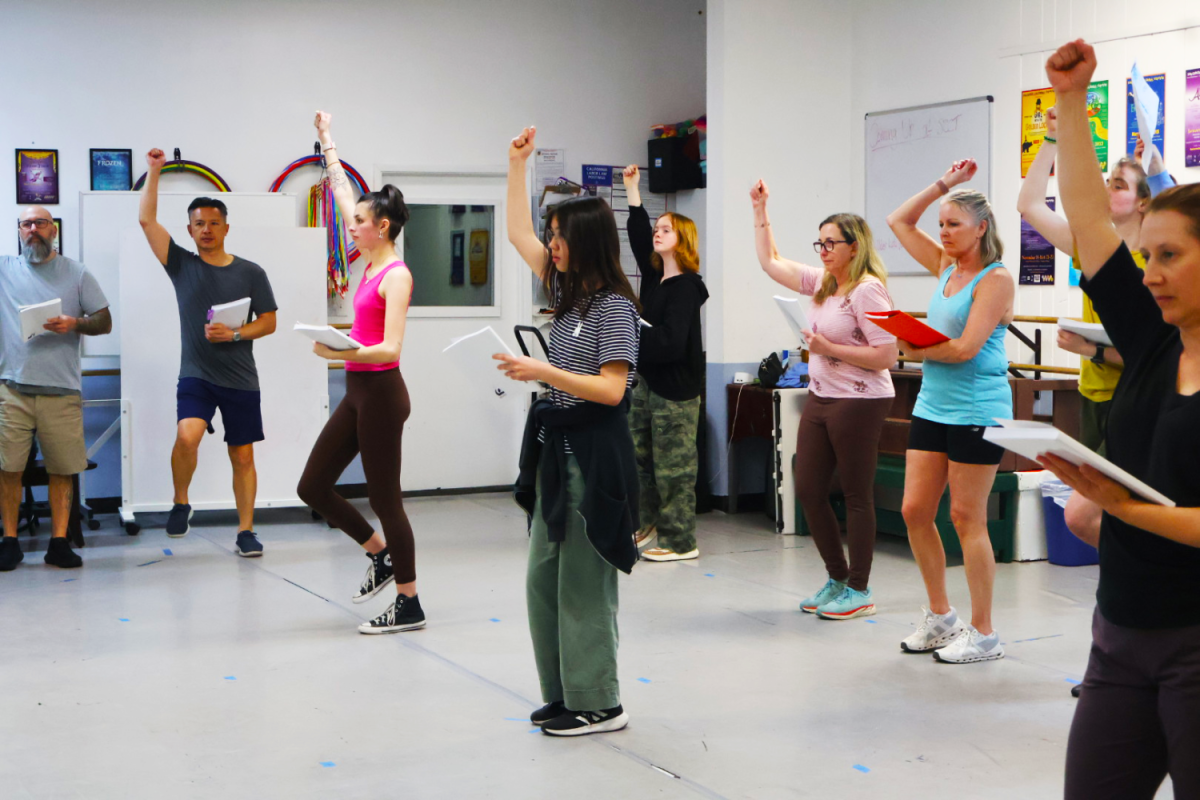


Sherry Liuli • Dec 9, 2021 at 11:17 am
omg you are so cool omg omg im in love you are tres tres cool